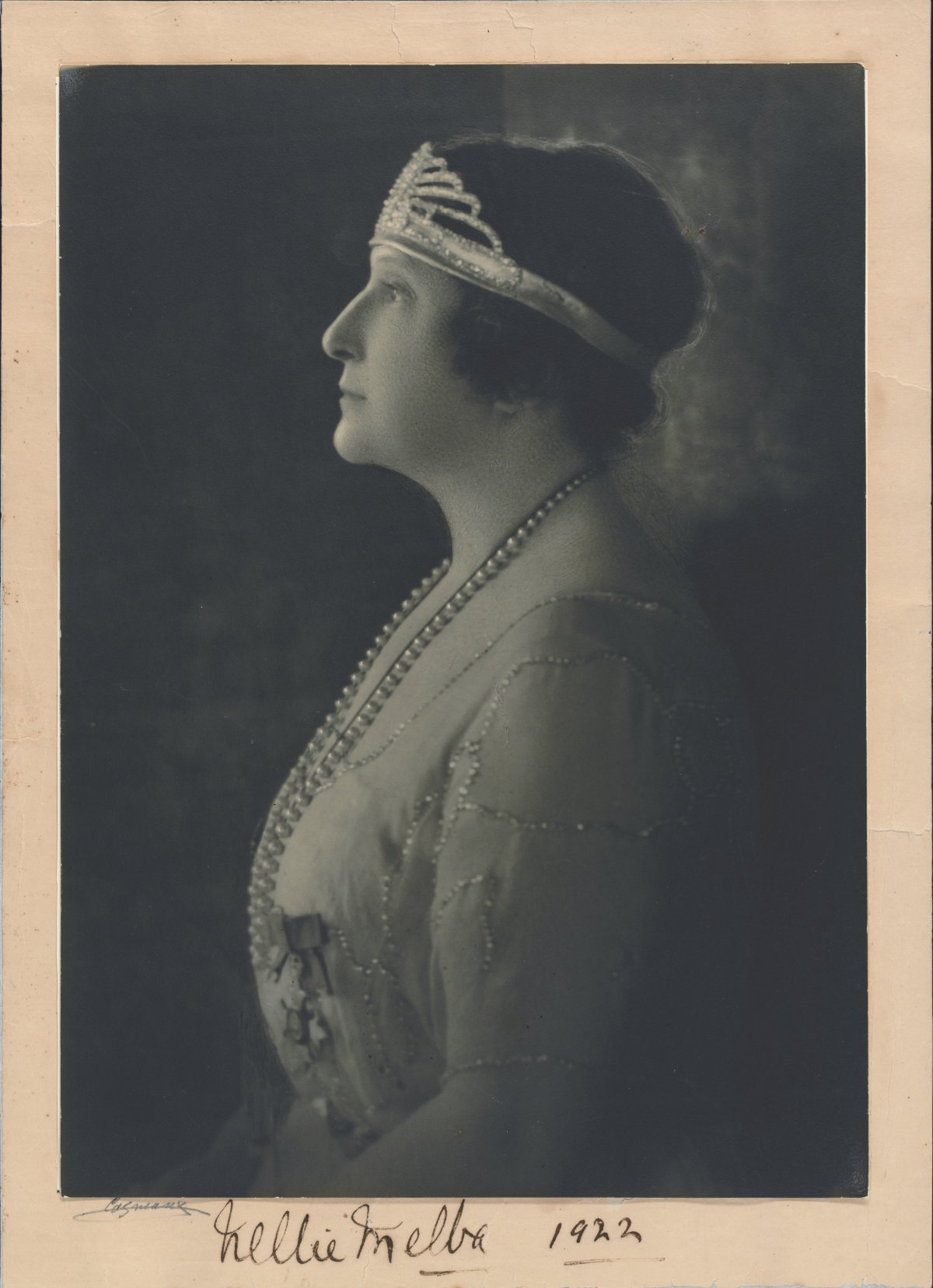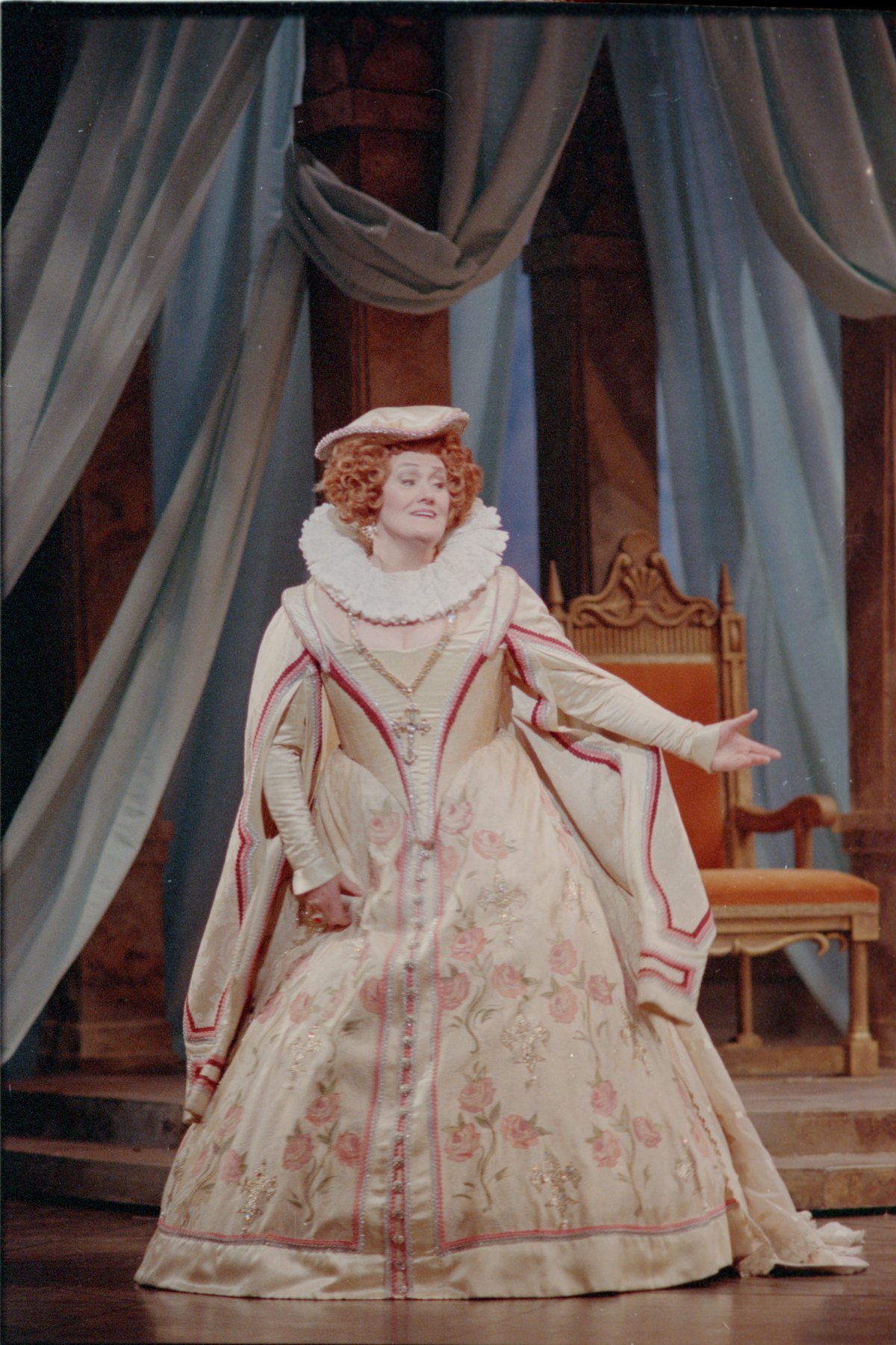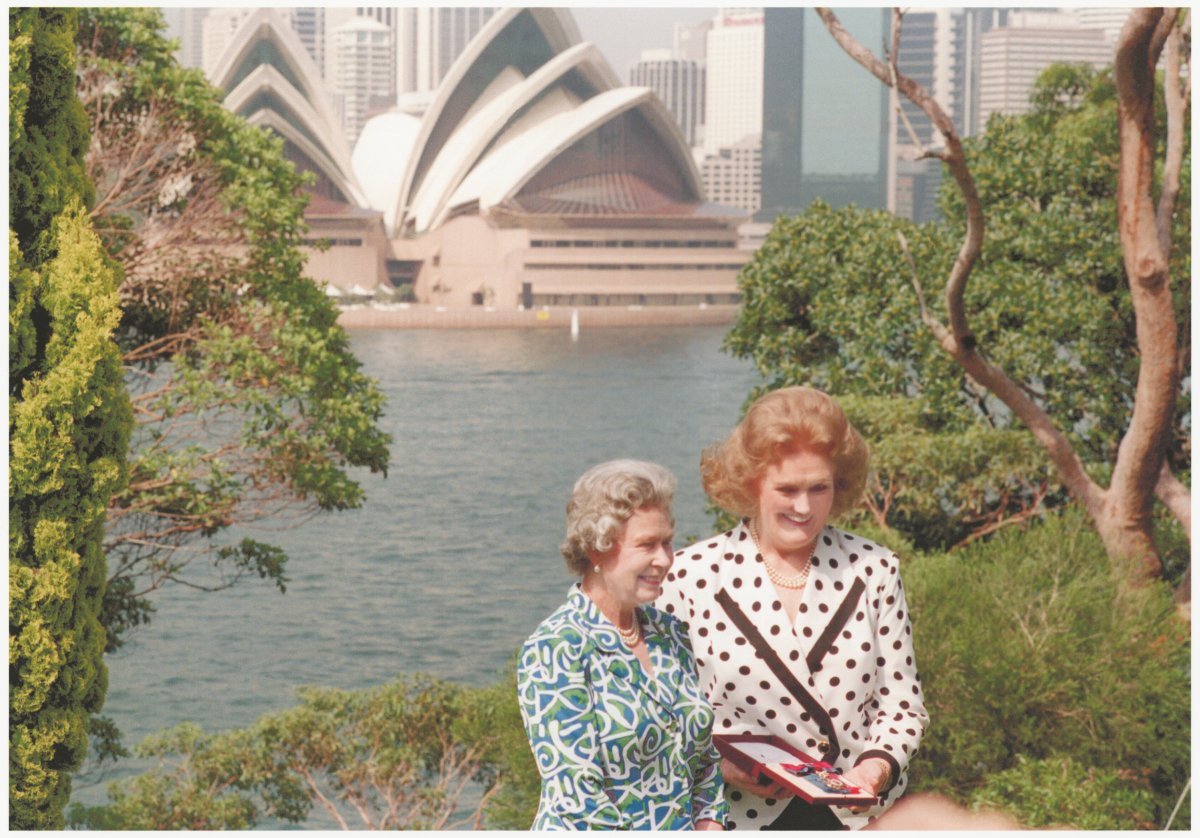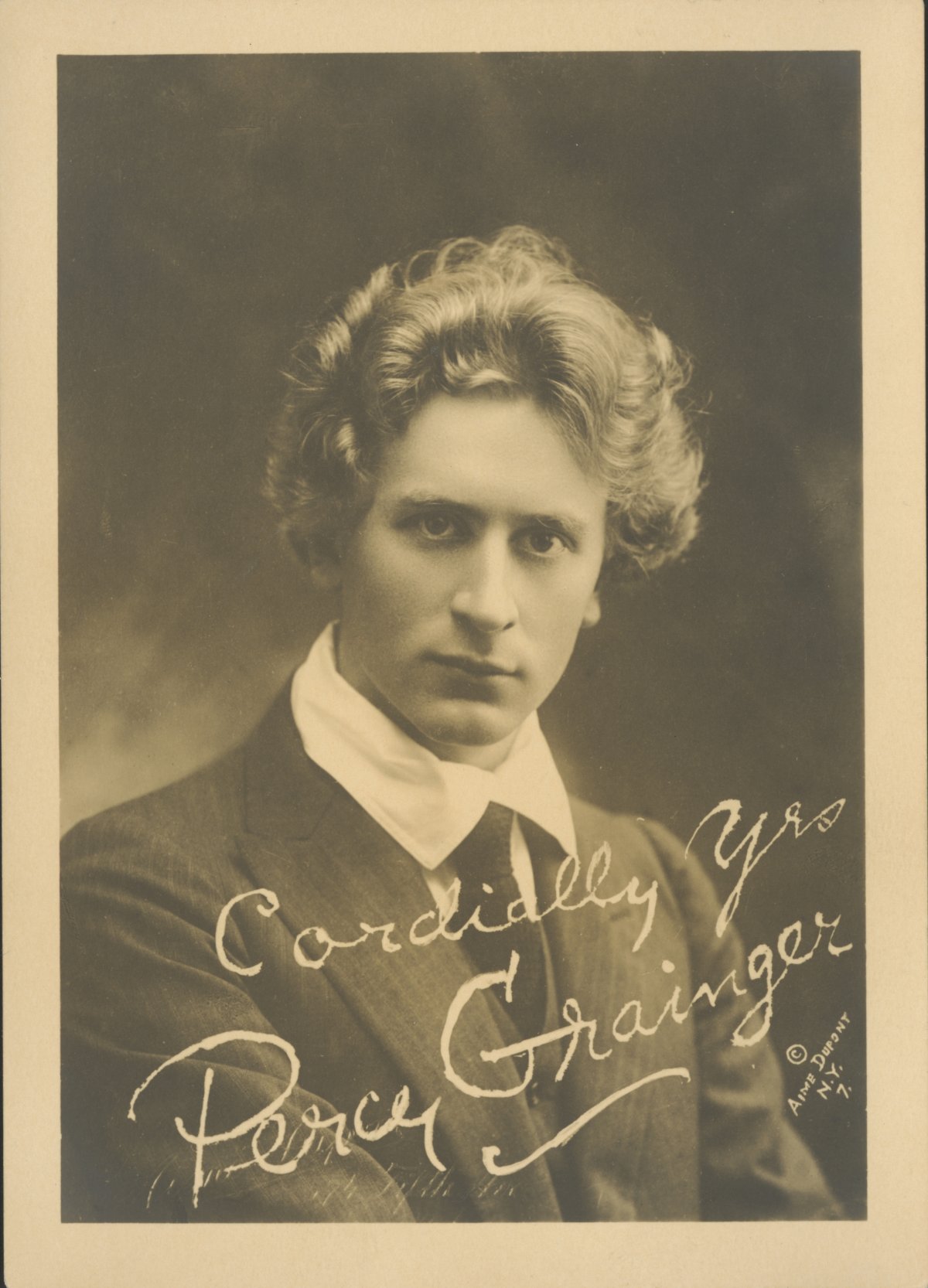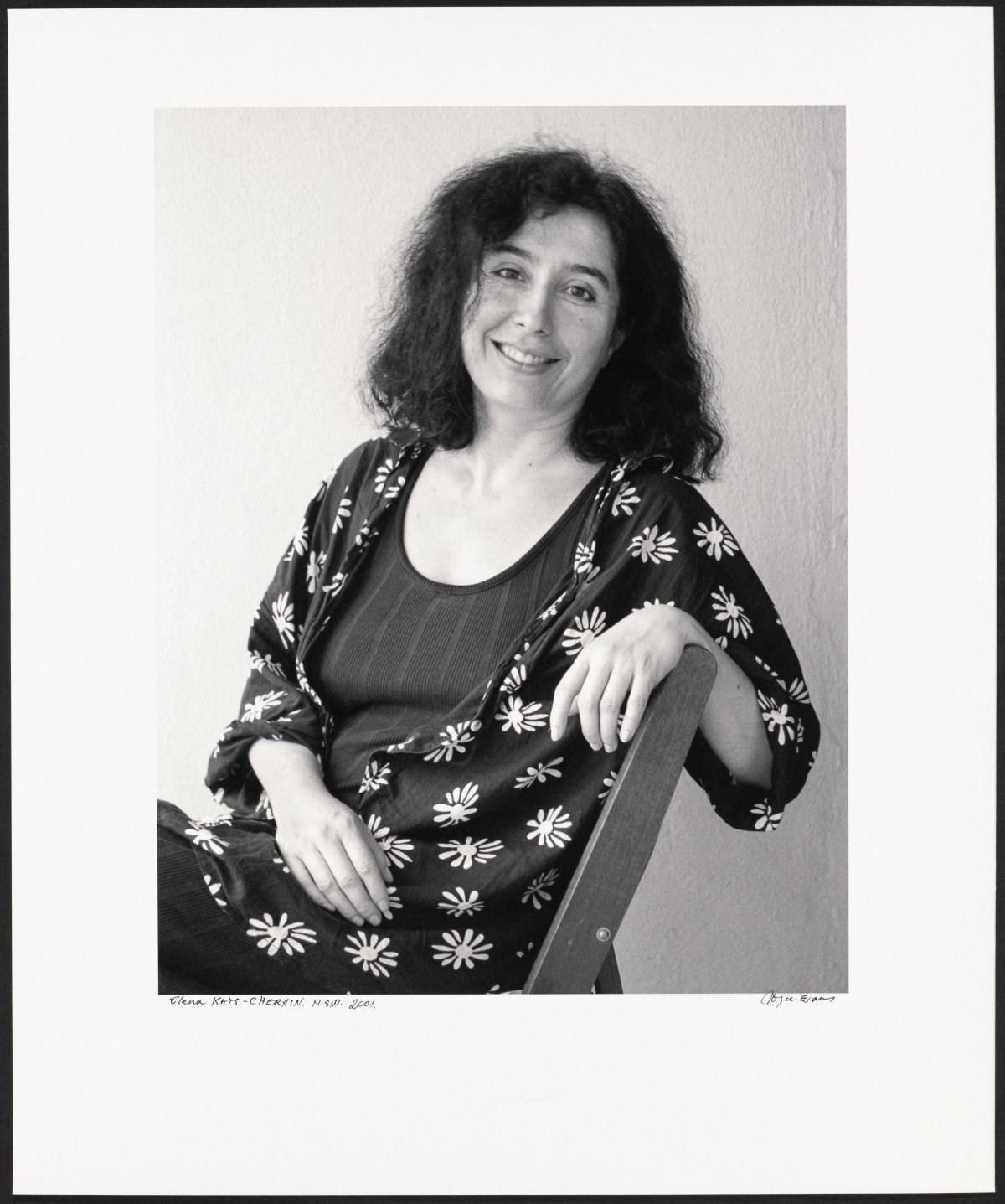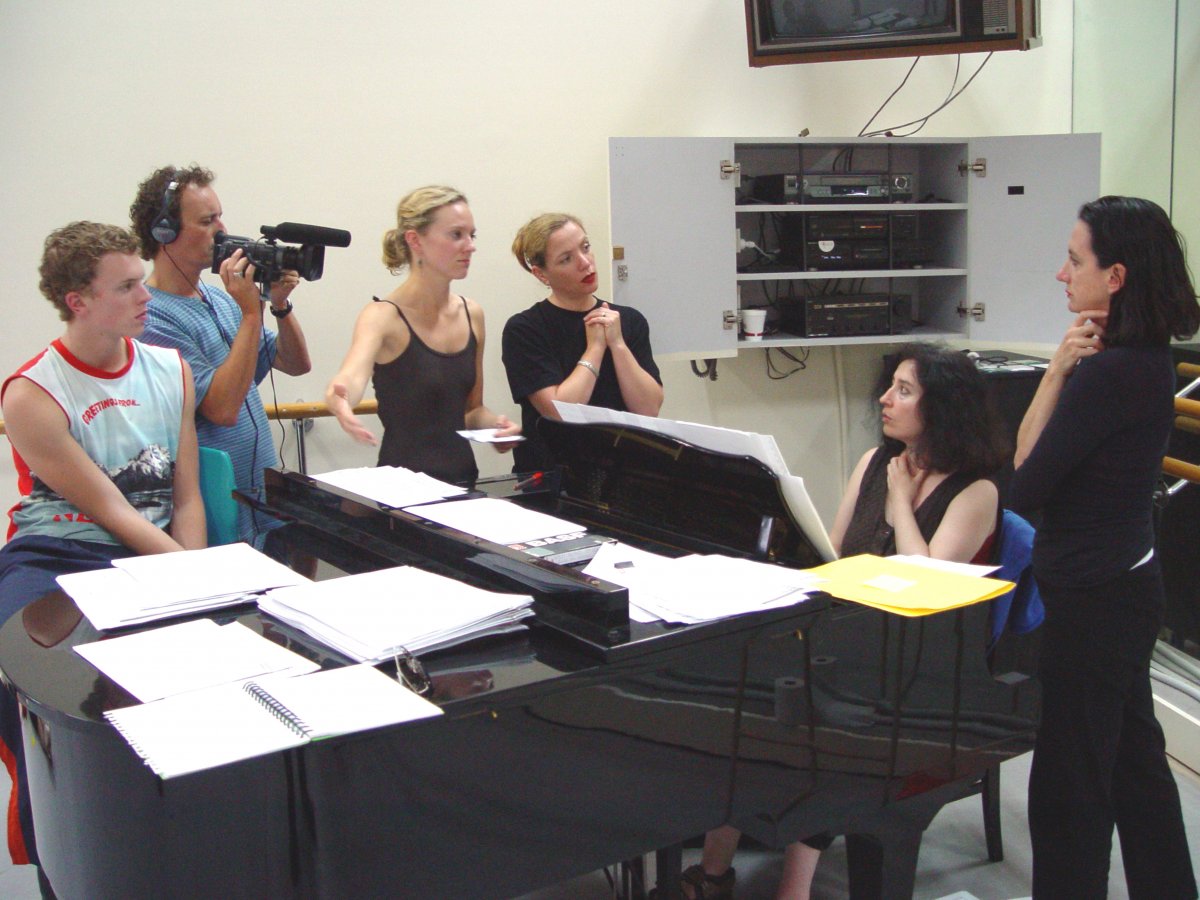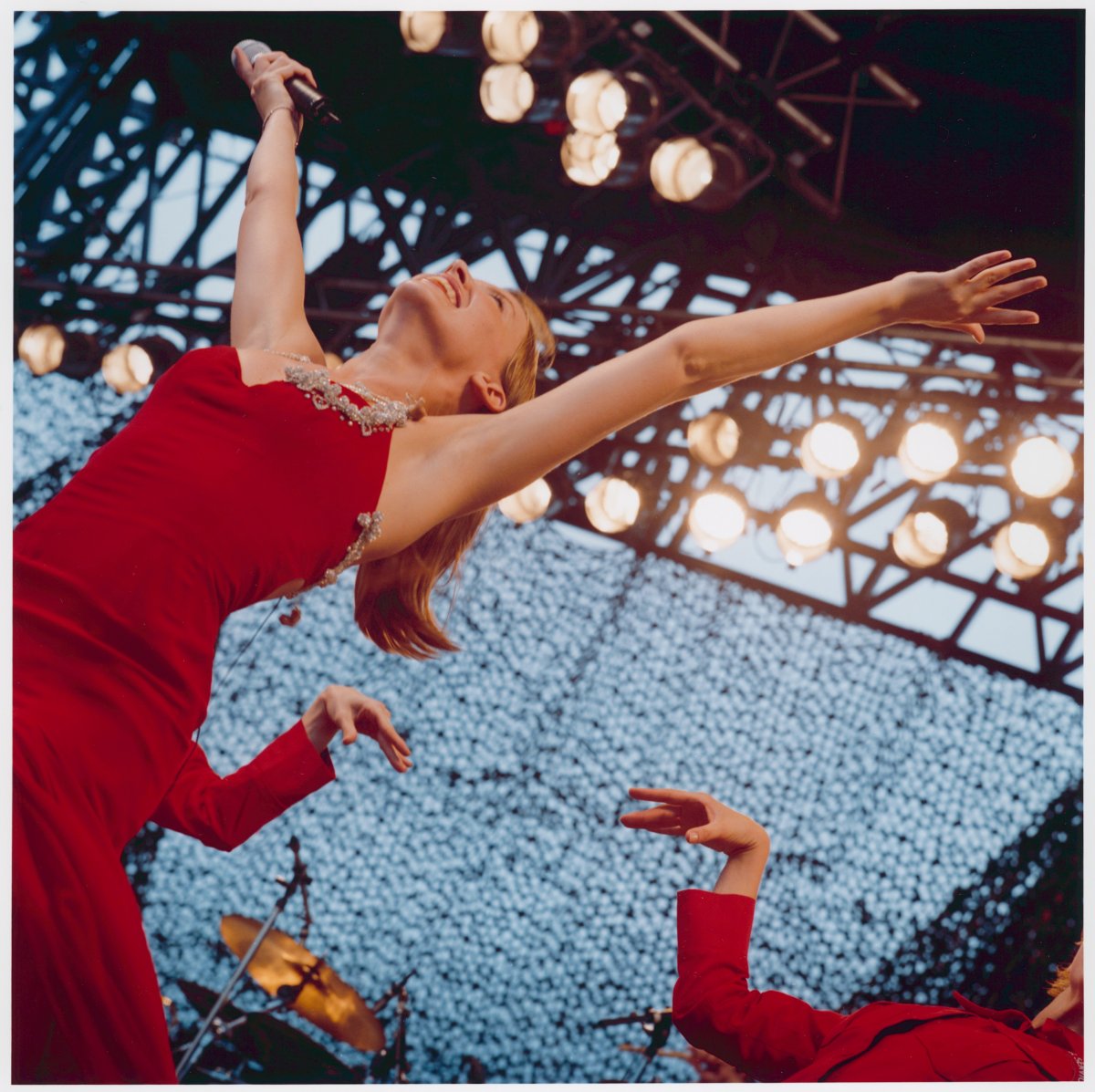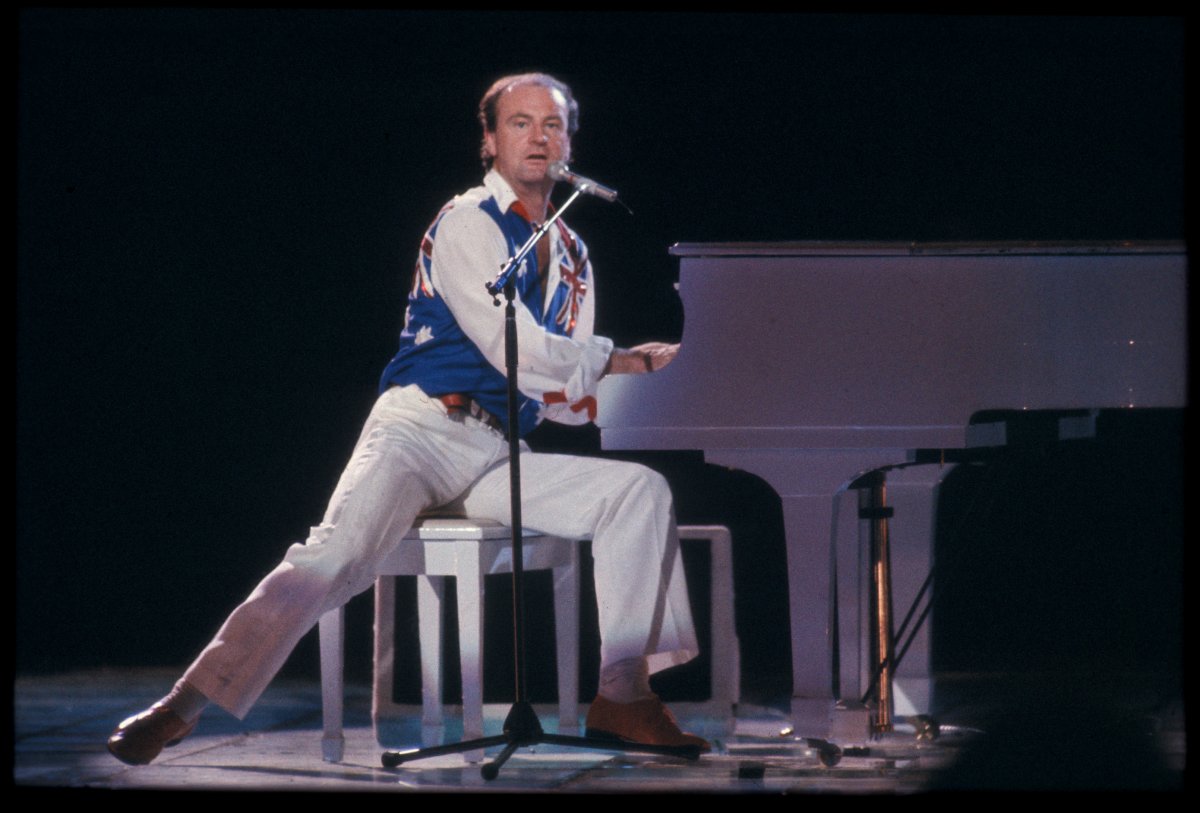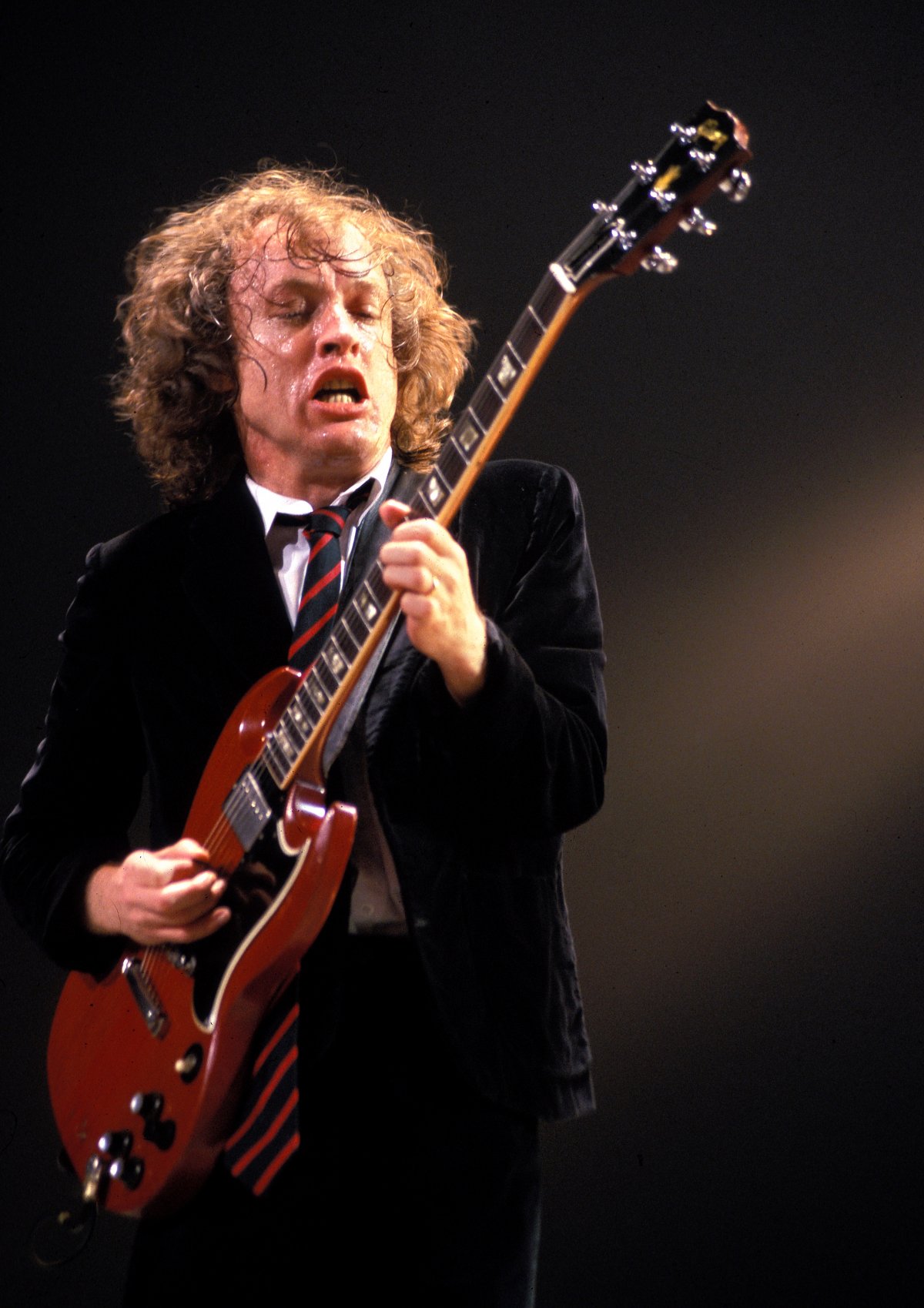One of the world’s oldest music traditions that is still performed is the bunggul ceremony. This can be seen annually at the Garma Festival held in Gulkula, a sacred site in north-east Arnhem Land. The Garma Festival runs for four days and observes the traditions and customs of the Yolngu people.
Grand Dames
Dame Nellie Melba
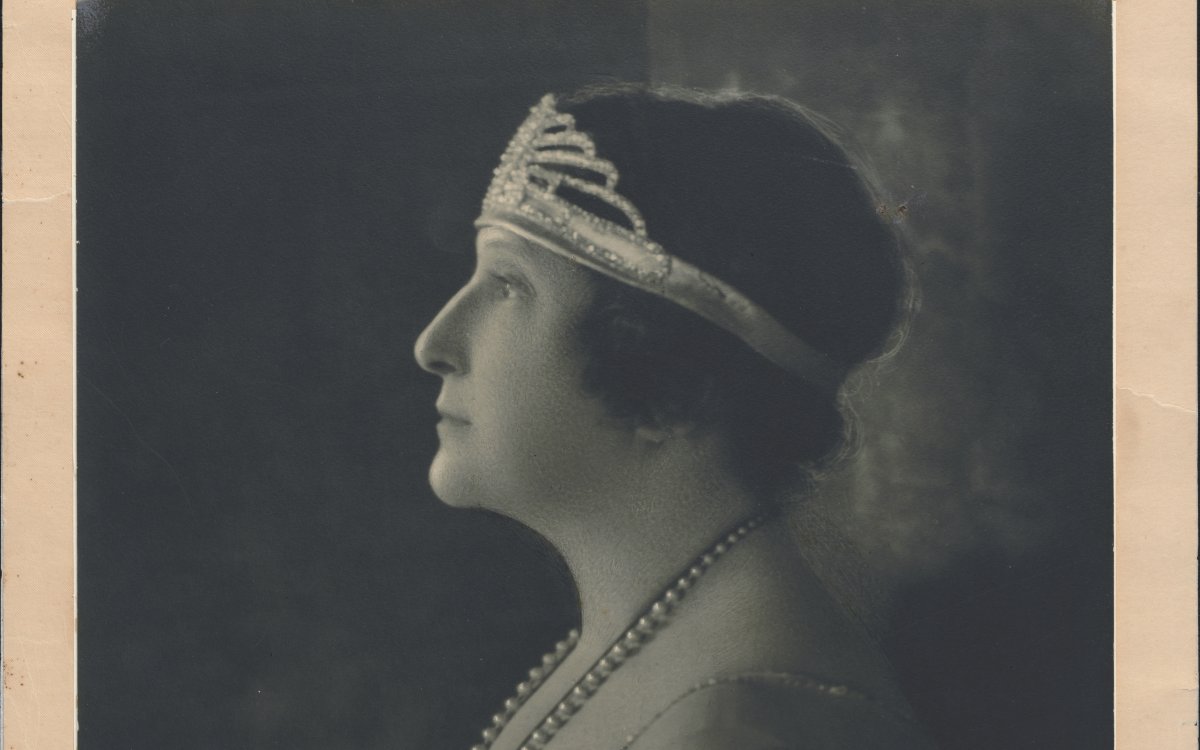
Cazneaux, Harold, 1878-1953. (1922). Nellie Melba, 1922 [picture] / Cazneaux. https://nla.gov.au/nla.obj-140210035
Soprano Dame Nellie Melba (1861–1931) was a huge star, both overseas and in Australia. A determined and skilled performer, she commanded respect and admiration wherever she went. She travelled the world, yet always maintained her ties to Australia, touring the country frequently. Dedicated to performance and the stage her whole life, on her death she left a substantial bequest to the Melbourne Conservatorium. Melba was a prolific writer and record keeper, and much of her personal letters and correspondence still exists today, giving an insight into her life and work.
Dame Joan Sutherland
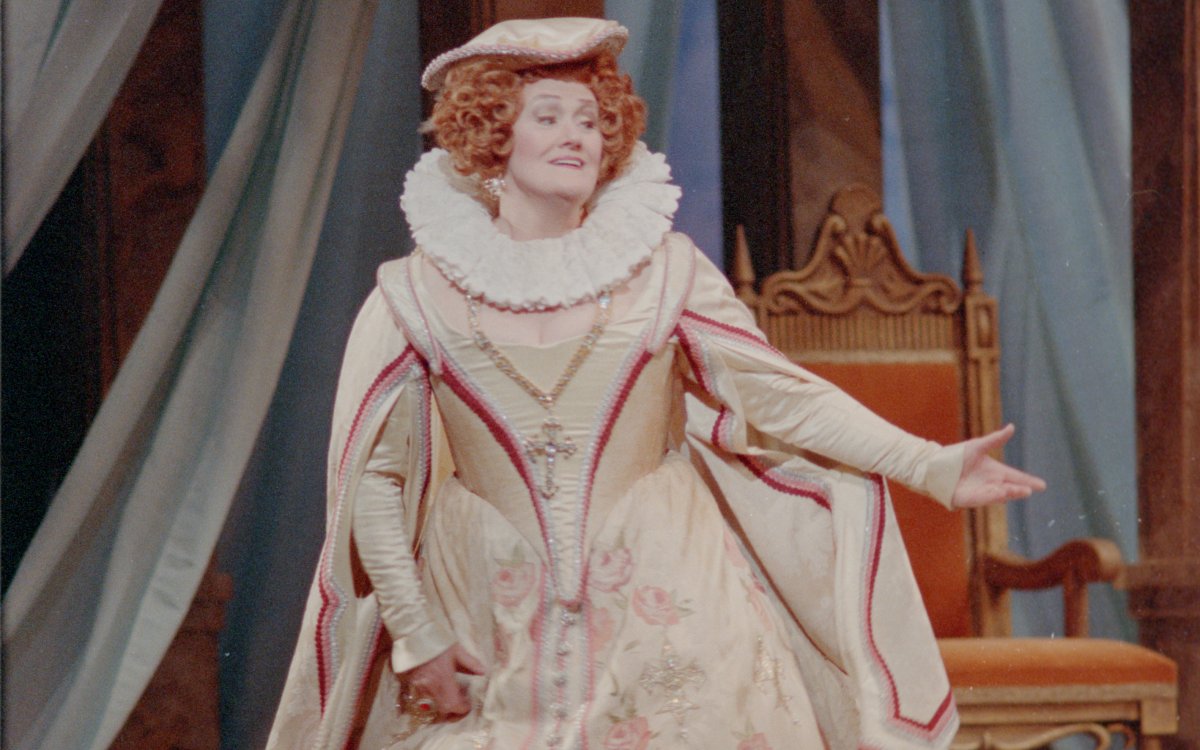
McMurdo, Don, 1930-2001. (1990). [Portrait of Dame Joan Sutherland as Queen Marguerite de Valois in Les Huguenots, Australian Opera, September 1990 (Joan Sutherland's farewell season)] [picture] / Don McMurdo. https://nla.gov.au/nla.obj-146334486
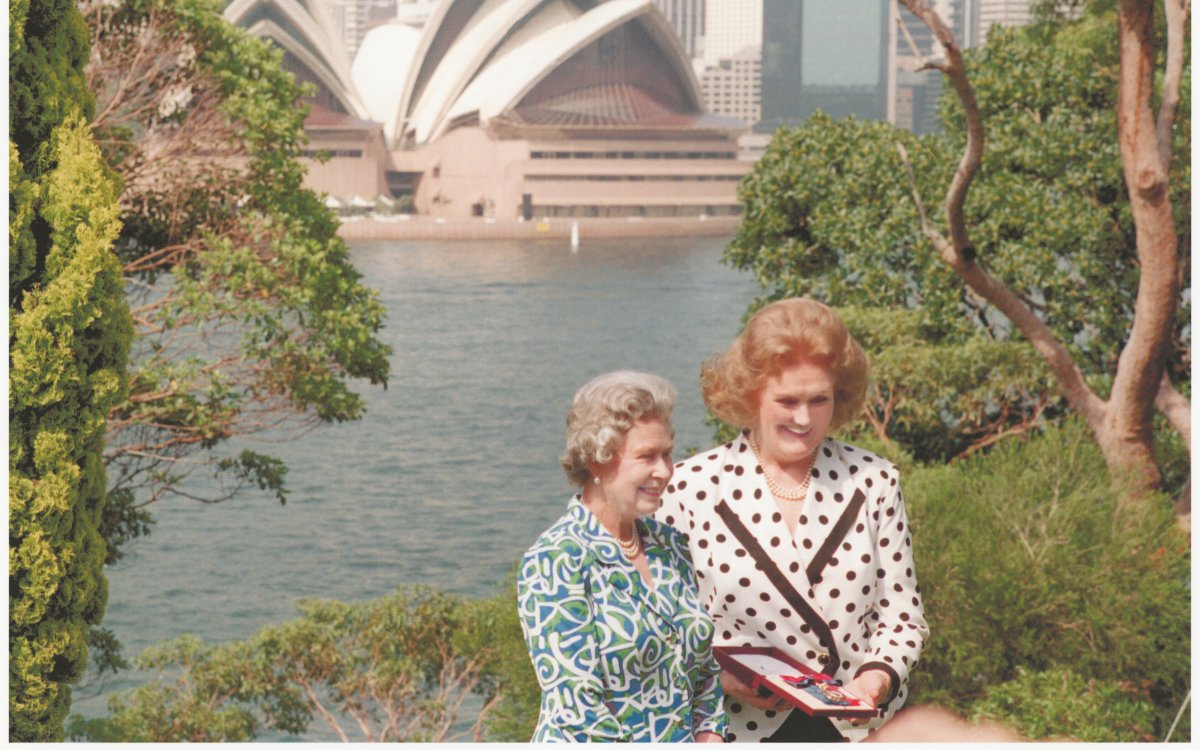
Postle, Bruce, 1940-. (1992). Queen Elizabeth II and Dame Joan Sutherland with her Order of Merit at Admiralty House, Sydney, 20 February, 1992 [picture] / Bruce Postle. http://nla.gov.au/nla.obj-148396848
Australian opera prima donna Dame Joan Sutherland (1926–2010) was one of Australia’s most prolific operatic stars. Sutherland had stellar career at home and overseas from the 1950s until her retirement in 1990. She usually performed in partnership with her husband, Australian conductor Richard Bonynge. Sutherland is considered one of the world’s great coloratura sopranos. This term is used to describe sopranos—women with a high singing voice—who specialise in music with agile runs, leaps up and down the scale and trills. Italian opera great, Luciano Pavarotti, described Sutherland’s as ‘the voice of the century’. Despite her many world tours and international performances, she always considered Australia her home and is well known for her renditions of ‘Home, Sweet Home’ whenever she was on an Australian stage.
Australian Composers
Percy Aldridge Grainger
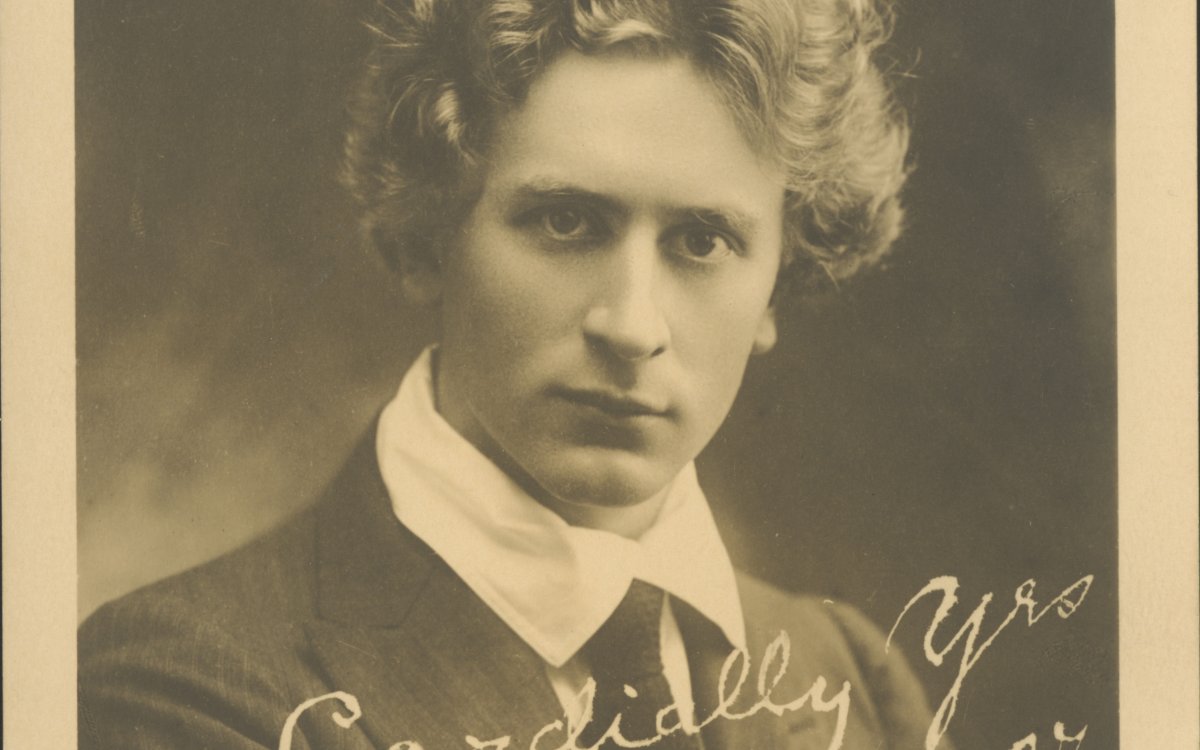
Dupont, A. (Aime). (1915). Portrait of Percy Grainger (full face), 1915 [picture] / Aime Dupont. http://nla.gov.au/nla.obj-147269818
Percy Aldridge Grainger (1882–1961) was an Australian-born composer ,pianist and arranger who lived in the United States for much of his life. He left Australia to attend the Hoch Conservatory in Frankfurt, Germany. He was based in London between 1901 and 1914 and established himself as a society pianist and a concert performer. He became a significant figure in European music. In 1914 he moved to the United States and became increasingly involved in music education. He performed his last concert in 1960. One of Grainger’s most famous works is ‘Country Gardens’.
Elena Kats-Chernin
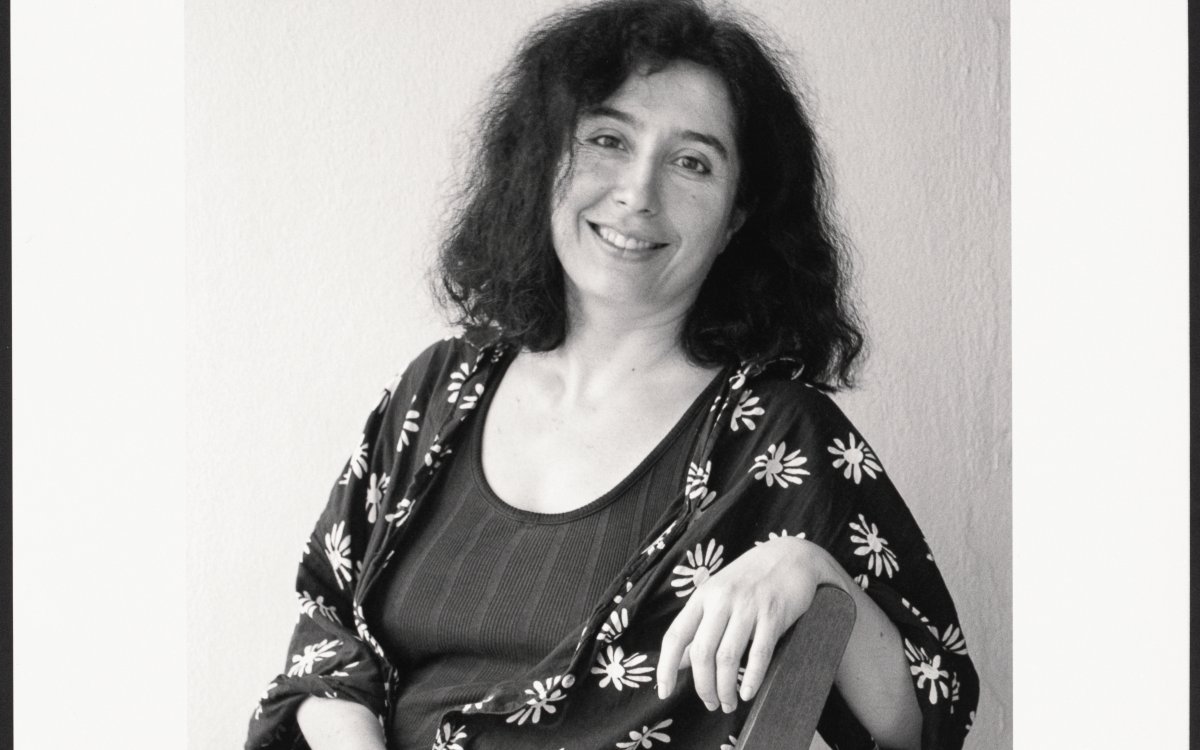
Evans, Joyce. (2013). Elena Kats-Chernin, New South Wales, 2001 / Joyce Evans. http://nla.gov.au/nla.obj-153040998
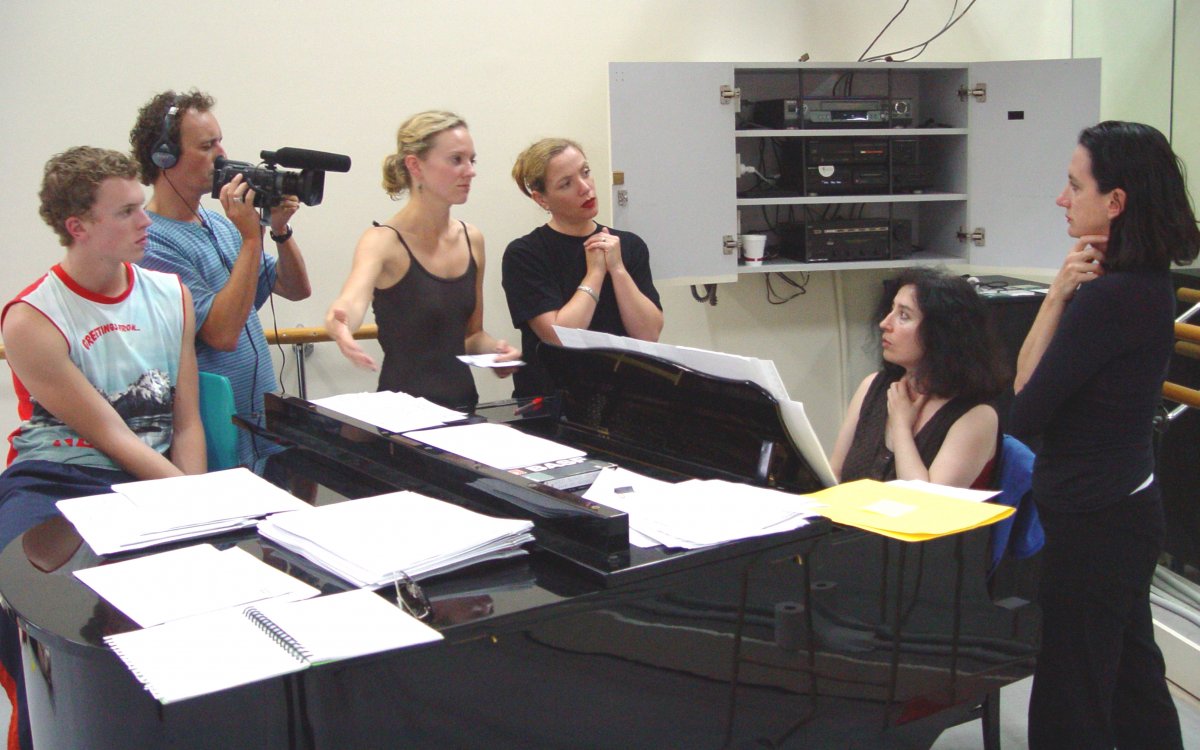
Lansac, Regis 1947-. (2003). Elena Kats-Chernin at the piano with Meryl Tankard and dancers of The Australian Ballet discussing the music for Wild Swans [picture] / Regis Lansac. http://nla.gov.au/nla.obj-148834746
Elena Davidovna Kats-Chernin was born in Tashkent, Uzbekistan (then part of the Soviet Union). Studying at the Yaroslavl Music School and the Gnessin State Musical College in Moscow from age 14, Elena migrated to Australia in 1975, continuing her studies at the Sydney Conservatorium of Music. Often working under the name Elena Kats, she also participated in theatre and cabaret performance groups. Kats-Chernin went to Germany where she composed music for theatrical productions. It was while in Germany that she composed ‘Clocks for the Ensemble Modern’, a piece that would be performed around the world. Since returning to Australia in 1994, Kats-Chernin has written many pieces for many performers and ensembles. Her portrait hangs in the National Portrait Gallery in Canberra.
Deborah Cheetham
Opera singer, artistic director and composer, Deborah Cheetham (b. 1964) is a Yorta Yorta woman and a member of the stolen generations. Her opera Pecan Summer (2010), about the 1939 Cummeragunja Mission walk-off, was Australia’s first Aboriginal opera, performed in both Yorta Yorta language and English. She has said about its origins: ‘This opera comes from a very deep place, from genetic memory, from life’s experiences.’ Cheetham is also artistic director of Short Black Opera, a national Indigenous performing arts company.
Australian Performers
Peter Allen
Peter Allen (born Peter Richard Woolnough; 1944–1992) was an Australian singer–songwriter, musician and entertainer, known for his energetic stage persona and lavish costumes. His compositions were popularised by many other performers; he won an Academy Award and penned the patriotic piece ‘I Still Call Australia Home’.
Kylie Minogue
Kylie Ann Minogue AO OBE, sometimes simple known as Kylie, is an Australian singer, songwriter and actress who holds both Australian and British citizenship. She is the highest-selling female Australian artist of all time, having sold more than 80 million records worldwide.
Jimmy Barnes and Cold Chisel
Cold Chisel are an Australian pub rock band, which formed in Adelaide in 1973 with mainstay members Ian Moss on guitar and vocals, Steve Prestwich on drums and Don Walker on piano and keyboards. They were soon joined by Jimmy Barnes as lead vocalist and, in 1975, Phil Small became their bass guitarist. The group disbanded in late 1983, but subsequently reformed several times. Musicologist Ian McFarlane wrote that they became ‘one of Australia's best-loved groups’ as well as "one of the best live bands’.
Archie Roach
Archibald William Roach AM is an Aboriginal Australian musician. He is a singer, songwriter, guitarist, and a campaigner for the rights of Indigenous Australians.
AC/DC
AC/DC are an Australian rock band, formed in 1973 by brothers Malcolm and Angus Young. Commonly classified as hard rock, they are considered pioneers of heavy metal, though they themselves have always classified their music as simply ‘rock and roll’. Members also include Phil Rudd, Cliff Williams and Brian Johnson.
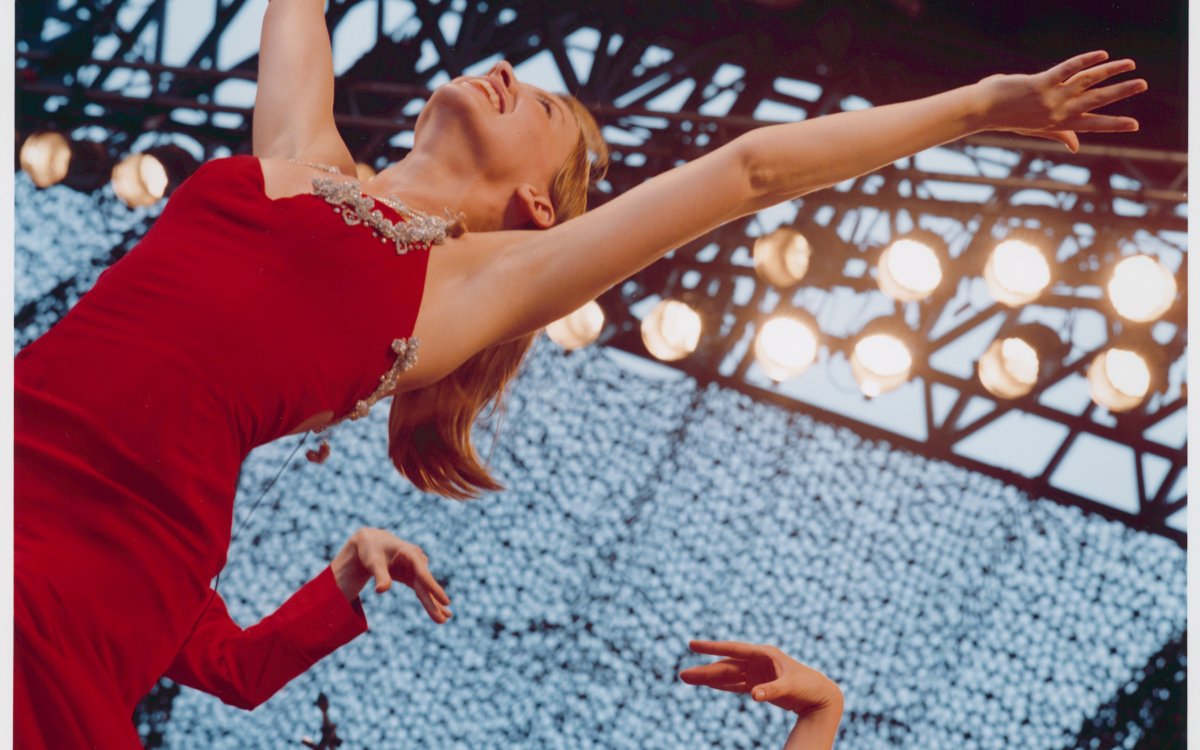
Sleeth, Matthew, 1972-. (1999). Australian singer Kylie Minogue performs at the Tour of Duty concert at Dili Stadium, East Timor, 21 December 1999 [picture] / Matthew Sleeth. http://nla.gov.au/nla.obj-147368307
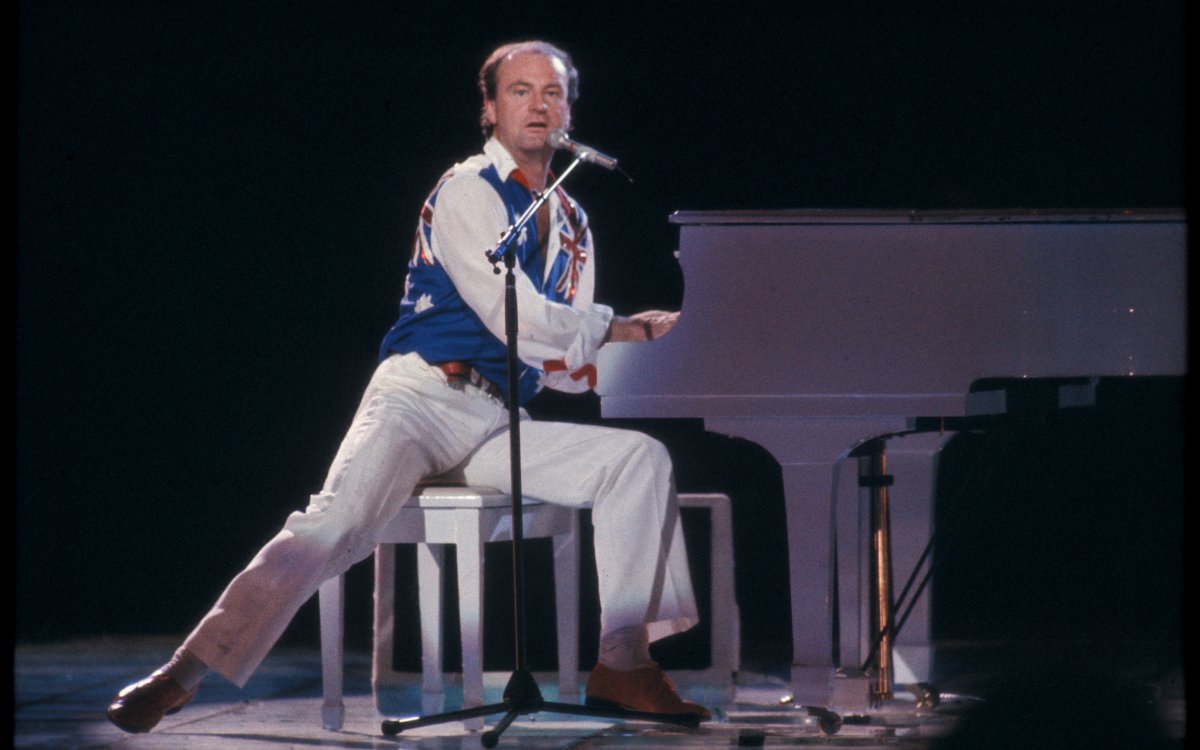
McMurdo, Don, 1930-2001. (1983). Peter Allen performing at the opening of the Sydney Entertainment Centre, 1 May, 1983 [transparency] / Don McMurdo. https://nla.gov.au/nla.obj-147454637
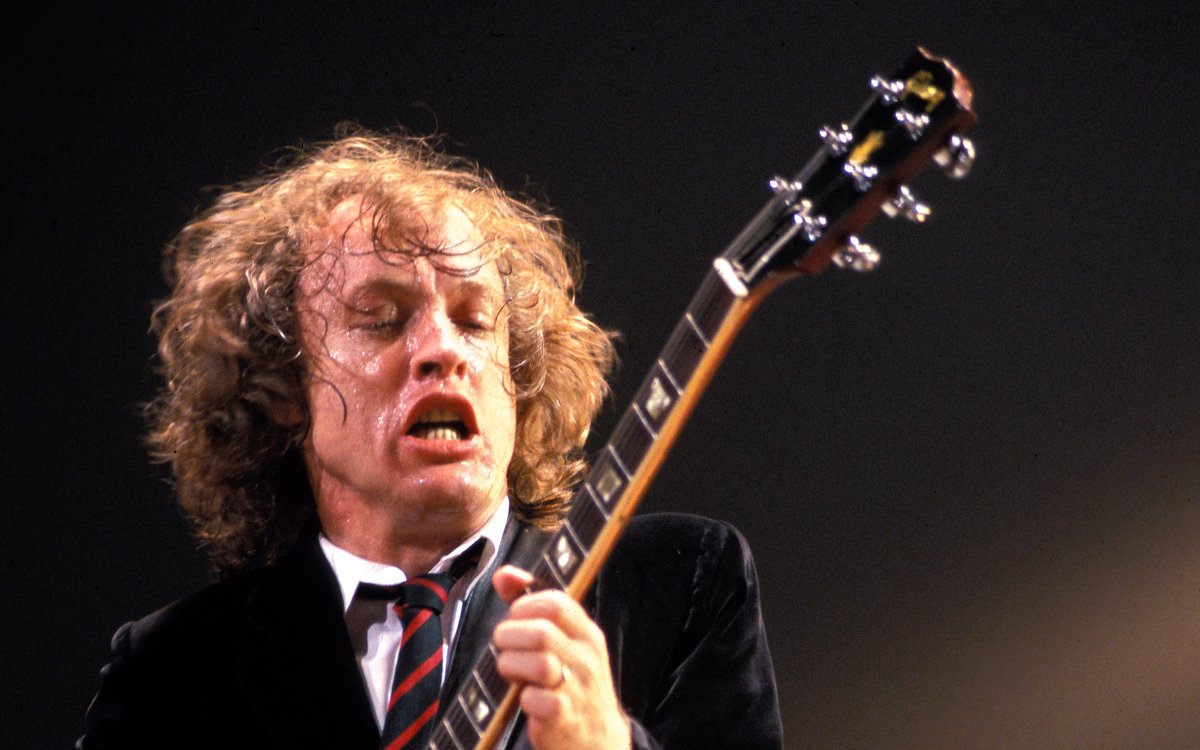
Philbey, Martin, 1962-. (2001). Angus Young of rock band AC/DC performing at Melbourne Park, February 2001? [picture] / Martin Philbey. http://nla.gov.au/nla.obj-151549112
Activities
- A lagerphone is a percussion instrument made from a broom or mop handle. In a 1956 article in the journal Singabout, The Bushwhackers’ ‘lagerphonist’, Brian Loughlin, suggested it was a successor to a ‘Jingling Johnny’ used by English military bands: ‘The instrument is not solely meant to make people laugh, but is intended as a serious rhythm accompaniment to melody instruments … If you haven’t got a lagerphone, make one this weekend. They are good fun … and remember the Bushwhackers’ slogan, “A lagerphone in every home”.’
- Alternatives to the lagerphone can be fun instruments made from simple items like rubber bands: try a rubber band and ruler guitar or bands simply stretched over lunchboxes.
- Have the students collaborate to compose a performance based on forms and elements of music. This can be as sophisticated or as simple as equipment/imaginations allow. Use beatbox backgrounds ranging from clapping and scatting to thigh-slapping. Add layers to the piece in a round.
